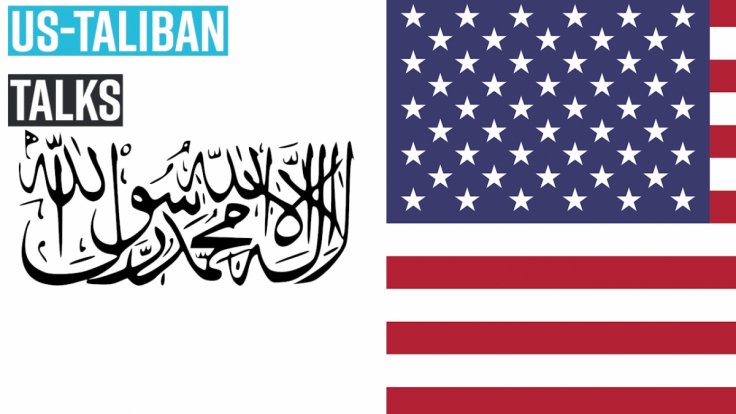Since the US and Taliban inked their peace deal, Afghanistan has been fast heading towards greater instability and political turmoil. While the violence has resumed at the same level as it was before February 21, when the week-long 'reduction in violence' pact between the US and Taliban came into effect, the Afghan government scheduled to begin its talks with the Taliban on March 10, is yet to announce its negotiating team.
Two days after the peace treaty was signed, the Afghan militant group ordered its members to launch terror attacks against the Afghanistan government. The Taliban after it got the go-ahead from its leadership, killed three people in a bomb blast on Monday and three civilians on Tuesday. On Wednesday, the Taliban launched 33 attacks in 17 provinces, killing over 16 soldiers and five civilians were killed amid the "reduction in violence" pact between the US and the Taliban.
US and Nato allies agreed to withdraw all troops within 14 months

As per the "peace treaty", the US and Nato allies have agreed to withdraw all troops within 14 months if the Taliban fulfils its side of the deal. Around 5,000 Taliban prisoners and 1,000 Afghan security force prisoners are to be swapped by March 10. However, it is not clear whether the prisoners will be exchanged since Afghan President Mohammad Ashraf Ghani on Sunday rejected the Taliban's demand for the release of the detainees within ten days. Ghani has taken a stand that any precondition for the intra-Afghan talks is unacceptable to him.
His posturing stands in contrast to Abdullah Abdullah, the self-declared president of Afghanistan, who disputed the results of the elections which were held last year and re-elected Ashraf Ghani. Abdullah, sources told IANS, has appointed Hizb-e-Islami chief Gulbuddin Hekmatyar, the governor of Badakhshan province bordering China and Pakistan. Hekmatyar, who served as Afghan prime minister twice, is an Islamist warlord accused of committing numerous atrocities. His group is the second-largest militant outfit in Afghanistan.
Ghani and Abdullah also disagree over the formation
Ghani and Abdullah also disagree over the formation of a negotiating team with the former keen on not having more than eight members. Abdullah has accused Ghani of monopolising the peace process. Interestingly, Abdullah has been accused of receiving funds from Pakistani agencies.
Meanwhile, the political chief of the Afghan Taliban, Sher Mohammad Abbas Stanikzai in a rare interview to media said that the militant group has got an invite from several countries in Asia and Europe to hold intra-Afghan dialogue. He said the group was yet to decide the venue, but would certainly hold one round of talks in Pakistan. Since the beginning of the talks, Pakistan had been proposing that the eastern and southern Afghanistan, already in control of the Taliban, be handed over to them officially.
On Tuesday even as US President Donald Trump said that he has had a good phone conversation with Taliban chief Mullah Biradar, the spokesperson for the US forces in Afghanistan on Wednesday declared that the US will defend its allies in the country, indicating that it still stands by Ashraf Ghani government. "As we have demonstrated, we will defend our partners when required," a spokesman for US Forces in Afghanistan, Col. Sonny Leggett said.








